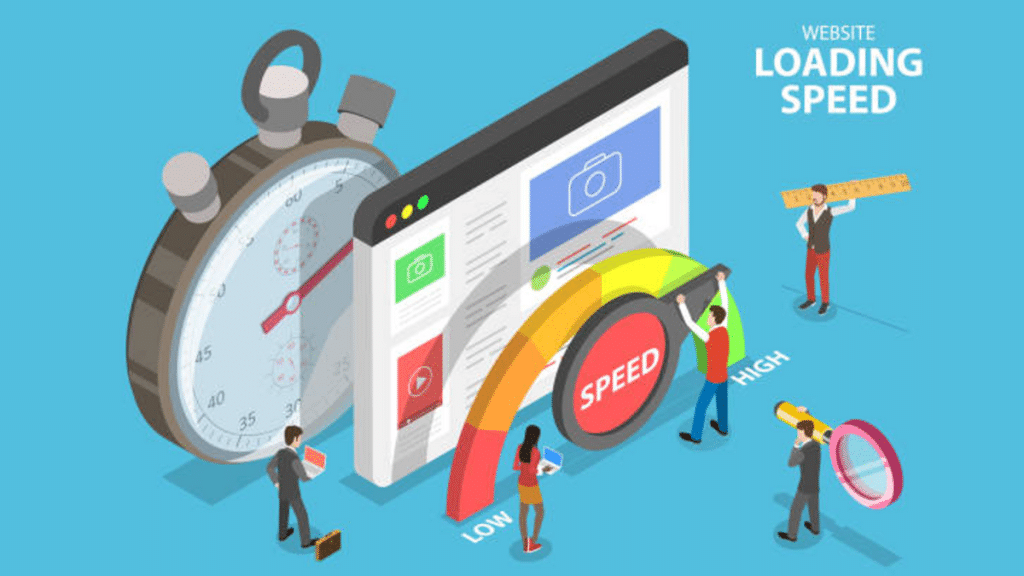In the fast-paced online world, website speed isn’t just a matter of user convenience – it’s a critical factor influencing your site’s SEO performance and where it ranks on Google. Think about your own browsing habits: how long do you typically wait for a page to load before clicking away in frustration? Search engines like Google operate with a similar user-first mentality, prioritizing websites that offer a smooth and rapid browsing experience. If your site is sluggish, it could be silently sabotaging your efforts to climb the search results. Investing in a reliable page speed optimization service can be a game-changer, ensuring your website not only delights visitors but also earns favor with search algorithms.
The Direct Link Between Speed and SEO
Google has publicly confirmed that the speed at which a page loads affects search rankings on both desktop and mobile devices. This means that all other things being equal, a faster website is more likely to rank higher than a slower one. Why? Because a speedy site contributes to positive user signals, such as lower bounce rates and increased time on page – metrics that Google uses to gauge user satisfaction and the quality of a website. Neglecting your site’s loading time can lead to:
- Lower Search Engine Rankings: Google actively penalizes slow-loading pages.
- Higher Bounce Rates: Users who become frustrated are more inclined to exit your site without engaging with additional content.
- Reduced Crawl Efficiency: Search engine bots may crawl fewer pages on a slow site, impacting indexing.
- Poor User Experience: A slow website can damage your brand reputation and deter repeat visits.
Key Areas Influenced by Website Speed
The speed of your website affects several key elements of your online performance. From the initial user interaction to how search engines perceive your site’s quality, optimizing for speed offers a multitude of benefits. Consider these key areas:
- First Impression: A fast-loading site creates a positive initial experience for visitors.
- Mobile Performance: With the majority of searches happening on mobile, speed is paramount for mobile SEO.
- Conversion Rates: Faster loading times can lead to improved conversion rates and sales.
- Overall Site Health: Google considers site speed as part of its assessment of overall website health.
In conclusion, website speed is not a technical afterthought; it’s a fundamental element of a successful SEO strategy. By prioritizing and investing in Core Web Vitals, you’re not just improving user experience – you’re actively boosting your chances of achieving higher Google rankings and driving sustainable organic traffic to your website.
